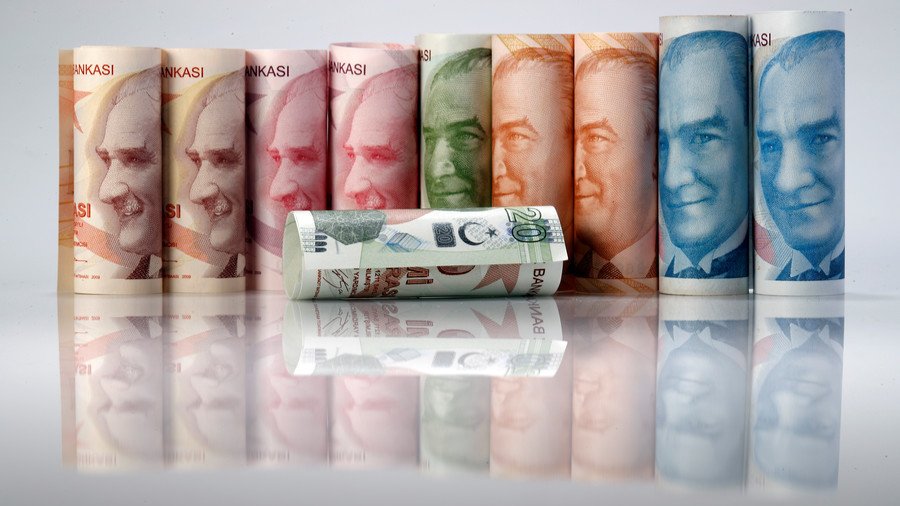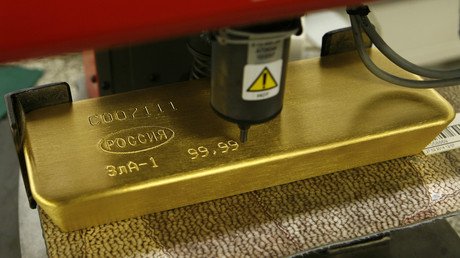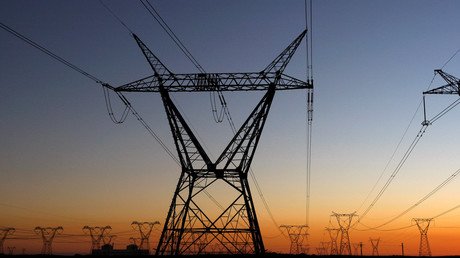Turkish lira plummets to all-time low as US sanctions begin to bite

Investors are dumping Turkey’s national currency, the lira, after Washington imposed sanctions relating to the trial of an American pastor accused of backing terrorism.
The lira hit an all-time low of 5.11 versus the dollar on Friday after the US sanctioned two of President Recep Tayyip Erdogan’s ministers who played a key role in detaining American pastor Andrew Brunson. Turkish authorities are accusing Brunson of aiding the attempted military coup in Turkey in July 2016.
Inflation in Turkey surged over the last month, surging to almost 16 percent in July alone. Despite this, the country’s central bank left the key interest rate unaltered at 17.75 percent. Erdogan earlier criticized his central bank for hiking the rates, which can be regarded as a sign that it has become less independent.
“Further escalation in the standoff could prompt further capital outflows and have a negative impact on the confidence in the economy,” said Jakob Christensen, head of emerging markets research at Danske Bank, as quoted by Reuters.
“This is one of the key risks for Turkey, but you also have the underlying structural weaknesses in the economy, which are exacerbating these geopolitical concerns.”
Despite the slide in lira, the Turkish economy still shows a high rate of growth. The International Monetary Fund (IMF) forecasts a growth rate of 4.2 percent in 2018 and 3.9 percent in 2019.
“Considered with a global market where the perceptions toward emerging markets and developing economies turned negative, four percent growth rate is a good performance,” IMF's Research Department Deputy Director Gian Maria Milesi-Ferretti told Anadolu News Agency.
For more stories on economy & finance visit RT's business section















